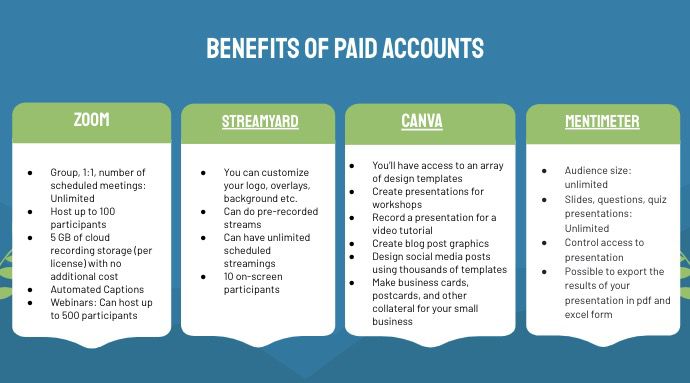
Batangas City, close to Manila, is popular for short visits due to its mix of city life and coastal beauty. It’s a hub for many activities like recreation, business, and education. The city covers a large area with many neighborhoods, including some on Verde Island, a famous marine reserve. You can reach Batangas City from Manila by boat in about 90 minutes or by ferry in 25 minutes. The city’s population was around 351,437 in 2020, but it grows on weekends when tourists come to relax.
To deal with the growing amount of garbage caused by more people visiting, Batangas City has been working hard. They follow national laws on waste management and even created their own rules before partnering with the Mother Earth Foundation for a Zero Waste program. In 2010, they made a detailed plan to manage waste for the next 10 years. They also passed laws to regulate the use of plastic and styrofoam and set up places to recycle materials in every neighborhood. This shows their commitment to keeping their city clean and green.
Reaching New Heights Through Zero Waste presents the city’s journey towards zero waste.





























